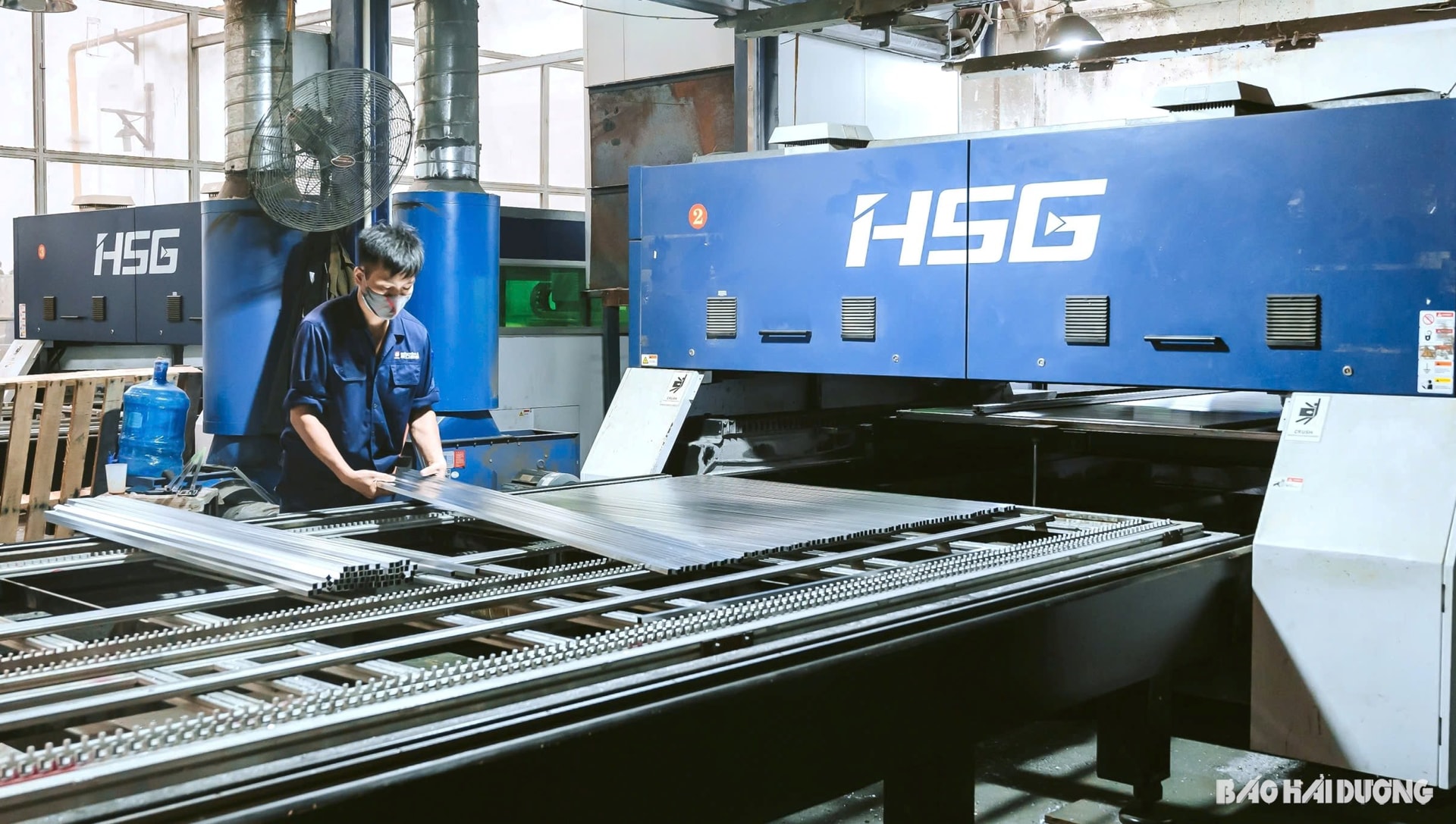
Flexible
According to the Department of Industry and Trade, the application of a 46% reciprocal tax on Vietnamese goods exported to the US will affect industries in Hai Duong such as electronics, textiles, and footwear. The export tax on goods to the US will be 10-20% higher than that of competitors. This will reduce the competitiveness of Vietnamese goods due to high prices.
Most of Hai Duong's export value to the United States comes from foreign direct investment (FDI) enterprises, mainly factories from Japan, South Korea, the US, and Taiwan (China) located in Hai Duong.
Mr. Dinh Trinh Dung, General Director of Hai Duong Garment II Joint Stock Company, said that the company has signed orders and has enough jobs until the end of August 2025. The US is one of the company's traditional markets. This market accounts for about 30%. The US's application of a 46% reciprocal tax on goods originating from Vietnam will cause impacts on the company.
"The immediate solution proposed by the company is to increase exports to the remaining markets such as Korea, Japan, Germany... to minimize the impact of the US's reciprocal tax. In the long term, Hai Duong Garment II Joint Stock Company will expand its market and approach new markets. However, the market conversion will take 2-3 years. The company has been moving towards the European market, trying its hand at difficult orders," said Mr. Dung.
Hai Duong Garment II Joint Stock Company continues to invest in specialized machinery and equipment to increase productivity and reduce management costs. The company is forced to shift from processing methods (CMT) to higher production methods such as purchasing semi-finished materials (FOB) to increase profits. Previously, the company's FOB products only accounted for about 15%. In 2025, the company strives to increase to 35%, and in the following years strives to account for 50%.
Shints BVT Co., Ltd. is a 100% Korean-invested enterprise specializing in sewing sportswear , protective clothing, jackets, and export gloves... The enterprise currently maintains stable operations at all 3 factories in Hai Duong City, Thanh Mien District, and Phu Luong District (Thai Nguyen), with about 6,000 employees.
According to Mr. An Quoc Dinh, Director of Shints BVT Company Limited, to proactively ensure stable export plans, the company has quickly shifted its market from the US to the European Union (EU), Northeast Asia, Canada, etc. Currently, the company's export volume to the US is only less than 10%, so it is not much affected by the US tariff policy.
With a large volume of products exported to the US market, Makalot Garment Vietnam Co., Ltd. has quickly initiated contingency plans. According to Ms. Nguyen Thi Nguyen, Head of the company's Human Resources Department, the company has flexibly shifted to the EU, ASEAN, and Northeast Asian markets. In addition to negotiating with traditional partners, the company is also looking for new customers in these markets. In the immediate future, the company and its partners in the supply chain are discussing mutual support plans to overcome this difficult period.
The new context requires further cooperation between businesses and partners. A representative of Dong A Aluminum Company Limited identified US tariffs as an external risk, and sharing is necessary at this time. Import taxes will be added to the price of goods sold by businesses in the US market. The possibility of price increases must be recalculated by manufacturers, distributors, and retailers in the spirit of "harmonized benefits and shared risks". Businesses really need the sharing of US partners.
Combining multiple solutions
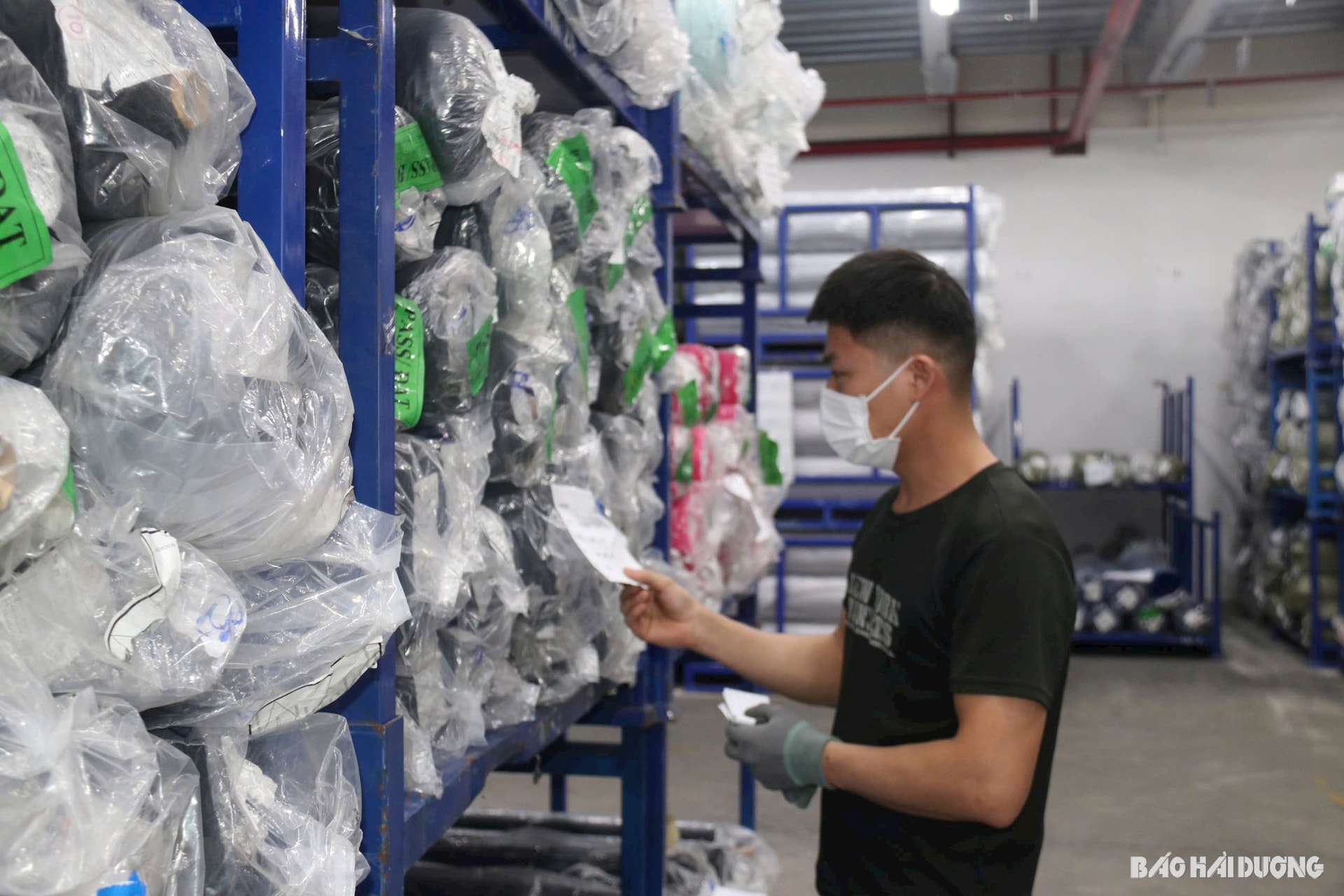
Proactively developing a flexible, synchronous and realistic response scenario is an urgent requirement for businesses exporting goods to the US market. The goal is not only to minimize immediate impacts, but also to enhance adaptability and transform development models in the medium and long term.
To cope with the 46% reciprocal tax rate on Vietnamese goods exported to the US market, Hai Duong enterprises need to diversify markets, approach new markets, and maximize the advantages of new-generation free trade agreements (FTAs), bilateral and multilateral trade agreements.
Be more proactive in accessing other markets such as the EU (EVFTA); Japan - Korea - Australia - Canada (CPTPP), ASEAN, Middle East, Africa..., especially in the following industries: textiles, footwear, mechanical components, processed agricultural products.
Businesses seek solutions, shift markets, reduce costs, and maintain production. Encourage businesses to shift their model from “made to order” to “design - own brand” to have a better negotiating position when entering new markets; support small and medium-sized enterprises to improve their standardization capacity, access cross-border e-commerce platforms and multinational logistics chains.
The Government and the province need to prioritize policies to support businesses in developing products with their own designs, intellectual property, or integrating high added value (engineering, creativity, technology). Promote the model of linking clusters of supporting industries, gradually reducing the import of input materials, forming a closed production ecosystem within the province and the country. Support digital transformation and innovation for small and medium enterprises in key industries: textiles, footwear, mechanics, light electronics.
In 2024, Hai Duong province's export turnover to the US market will reach 2.68 billion USD, accounting for about 25.9% of the province's total export value. Export products focus on 6 main industries: garment, footwear, electronic components and equipment, electrical wires and equipment, steel and aluminum profiles, and some other items such as diamonds and toys.
Source: https://baohaiduong.vn/doanh-nghiep-o-hai-duong-ung-pho-chinh-sach-thue-quan-cua-my-409019.html


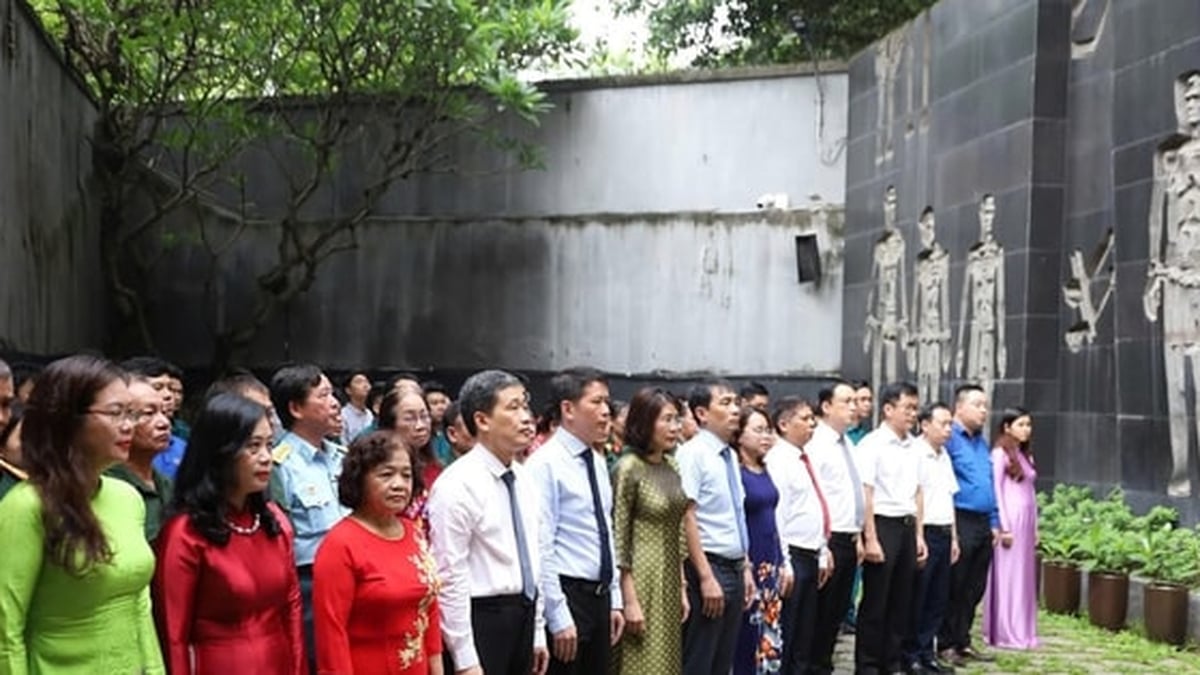
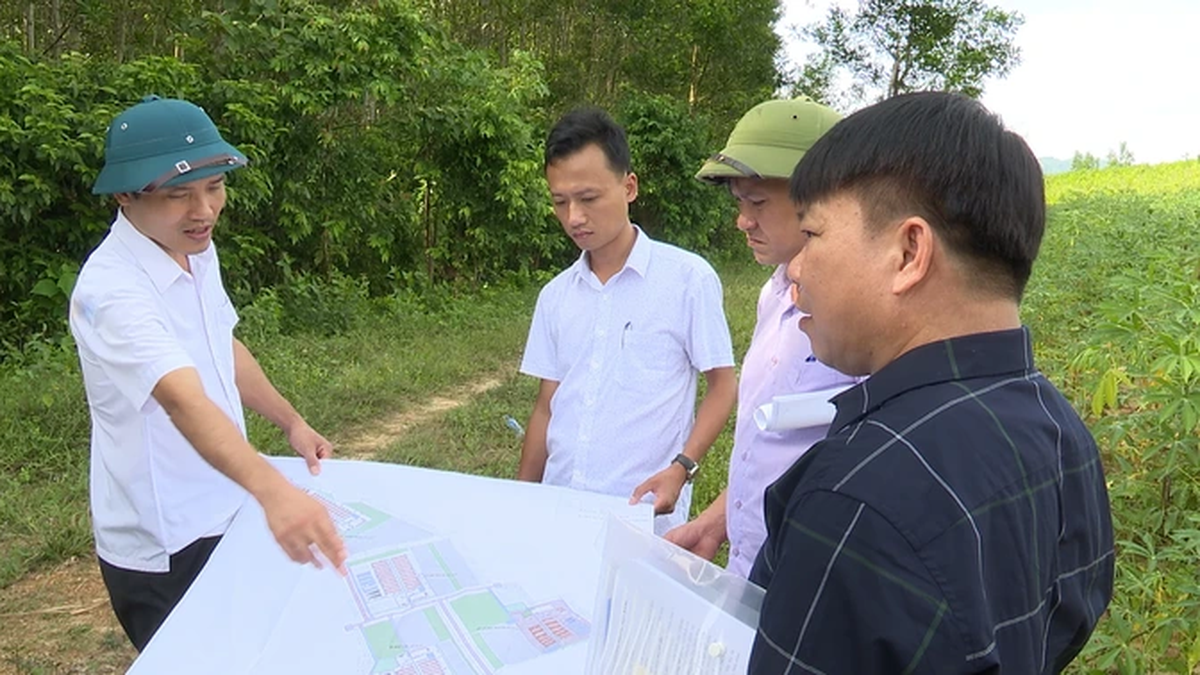
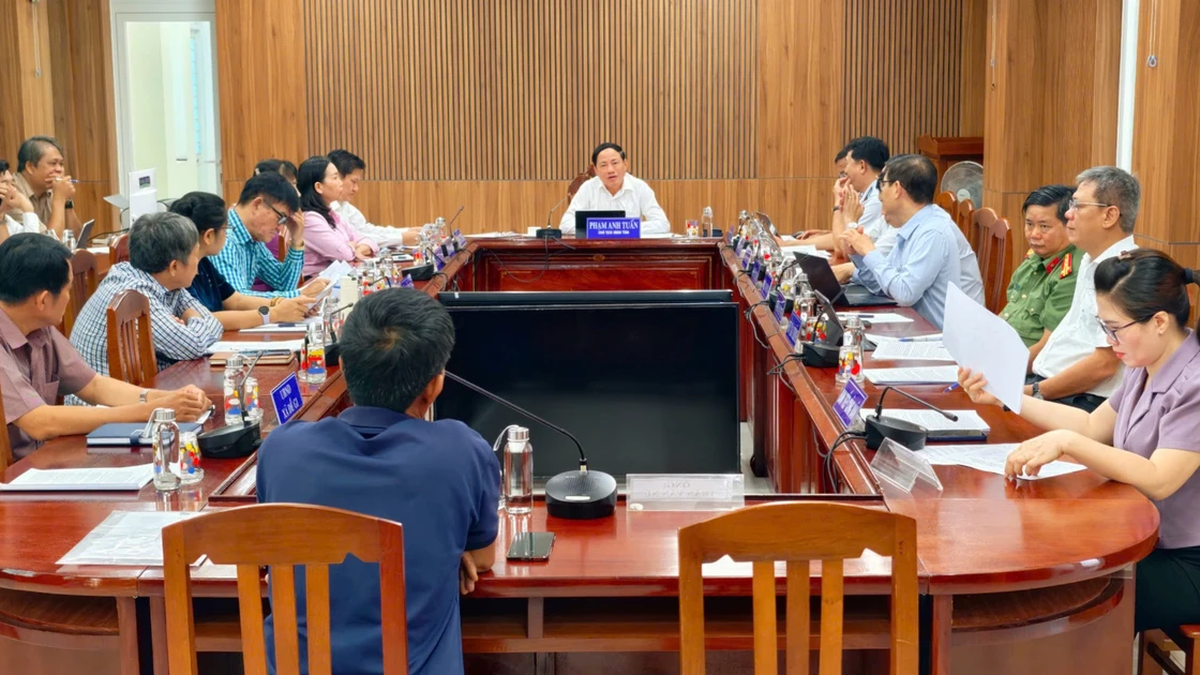
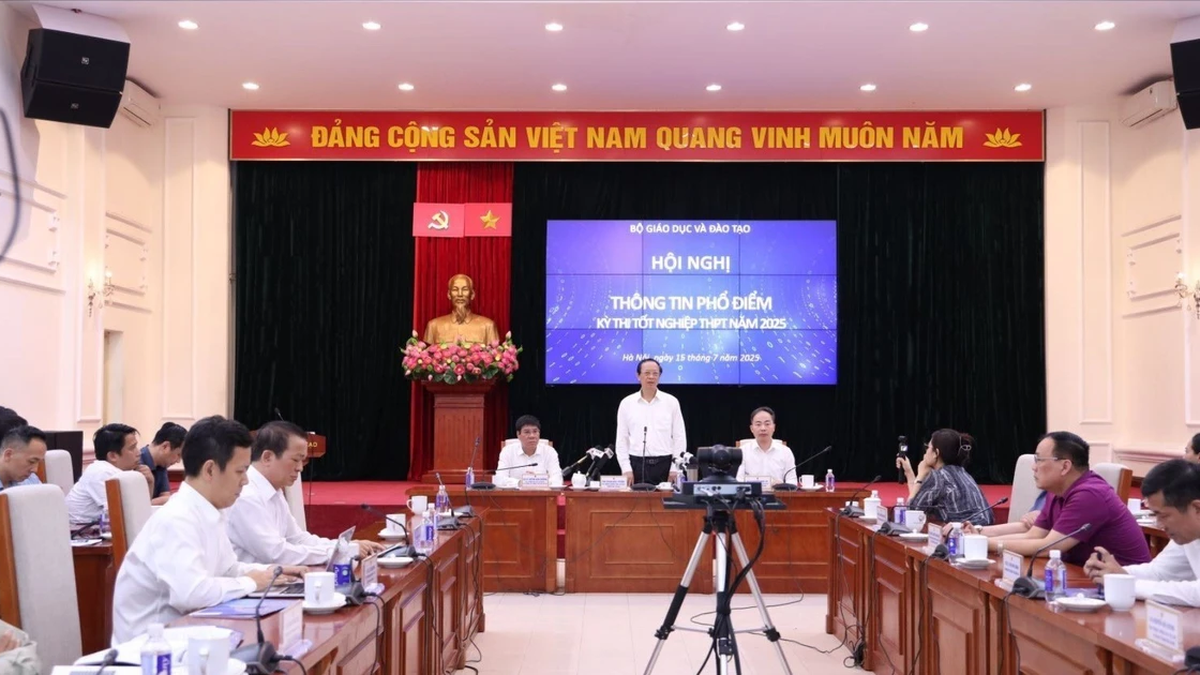
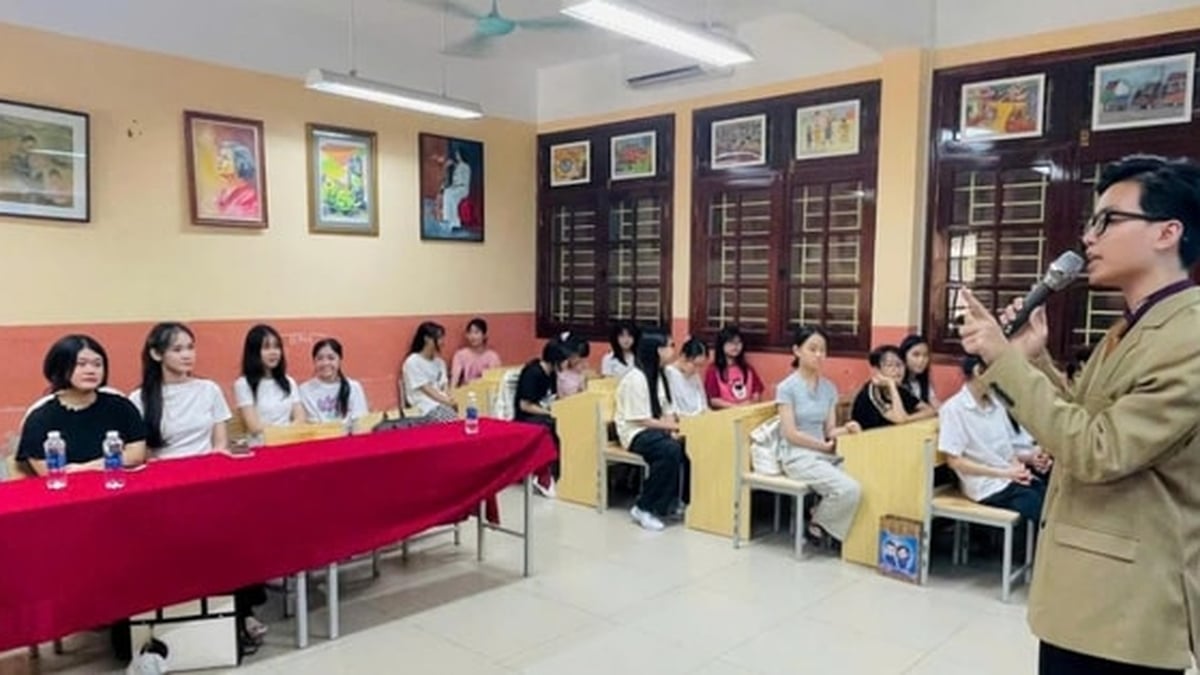
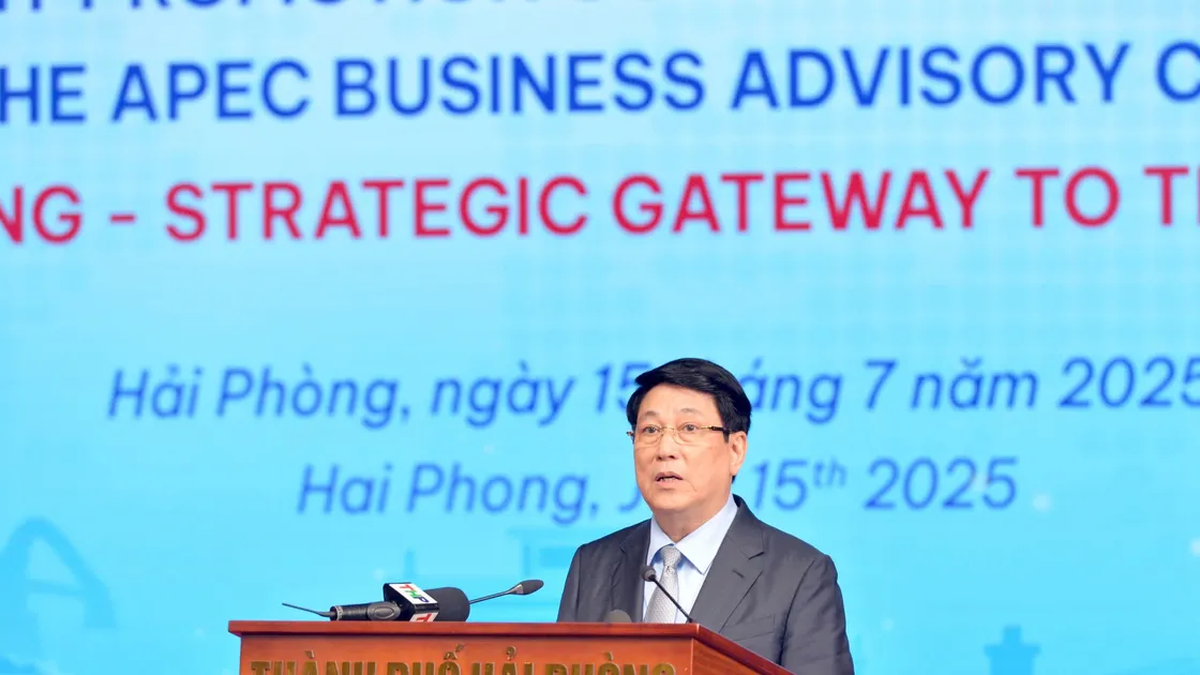
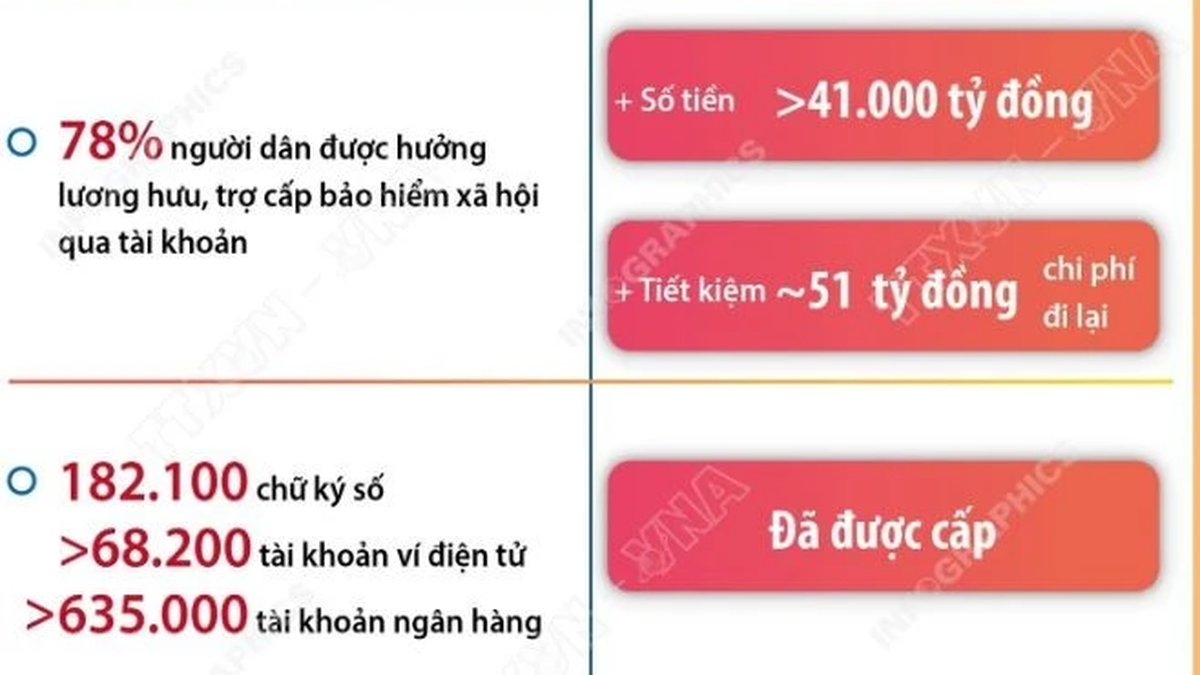
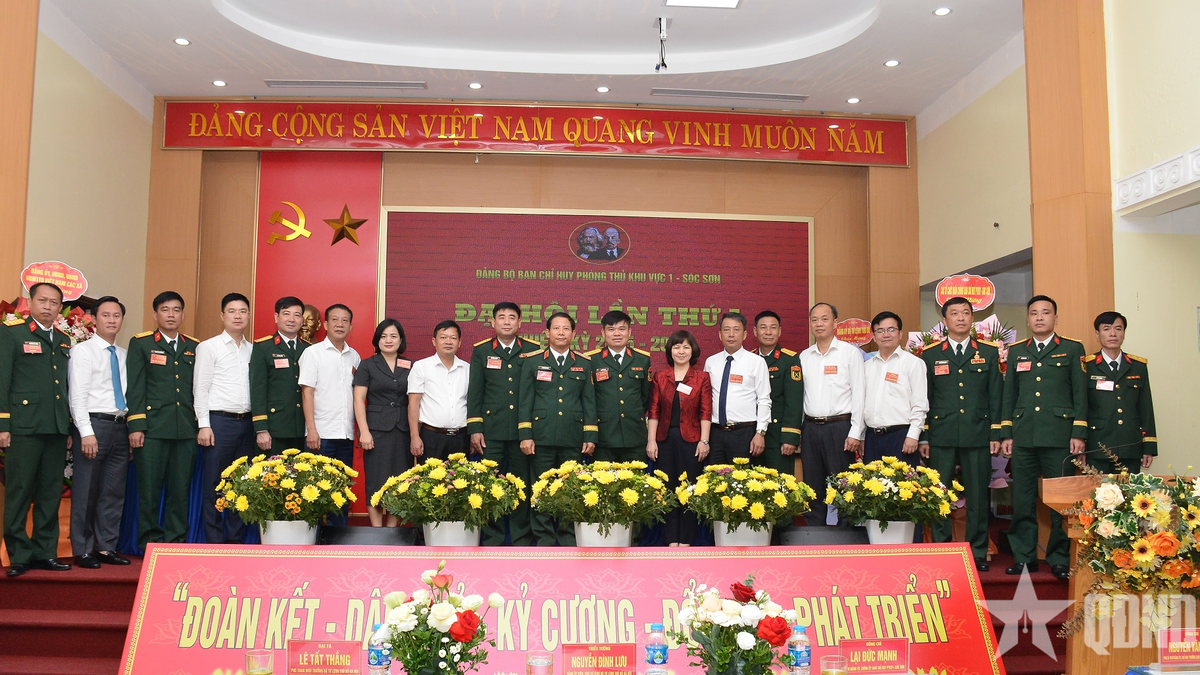

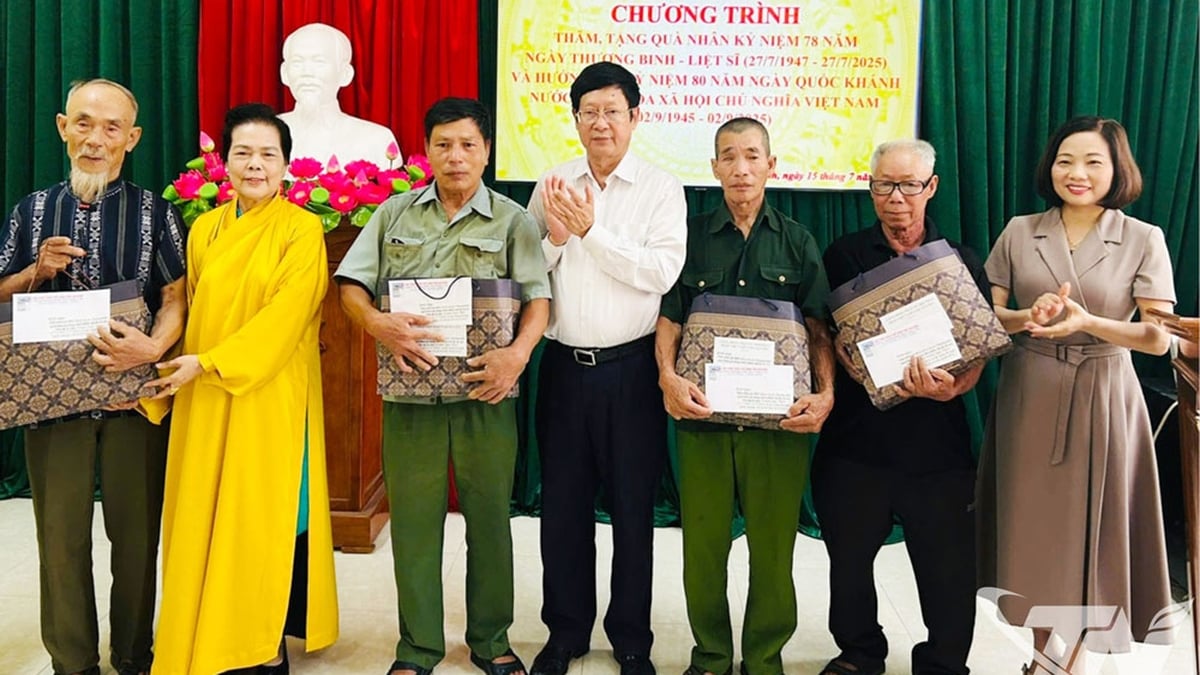





















































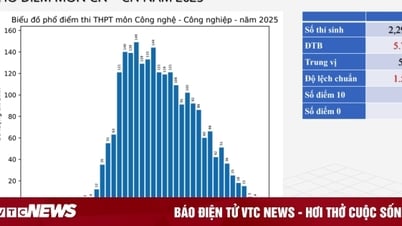









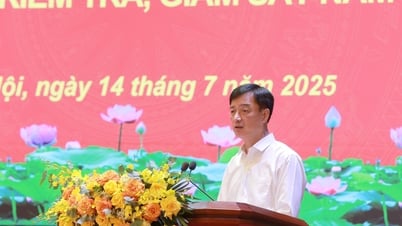



























Comment (0)